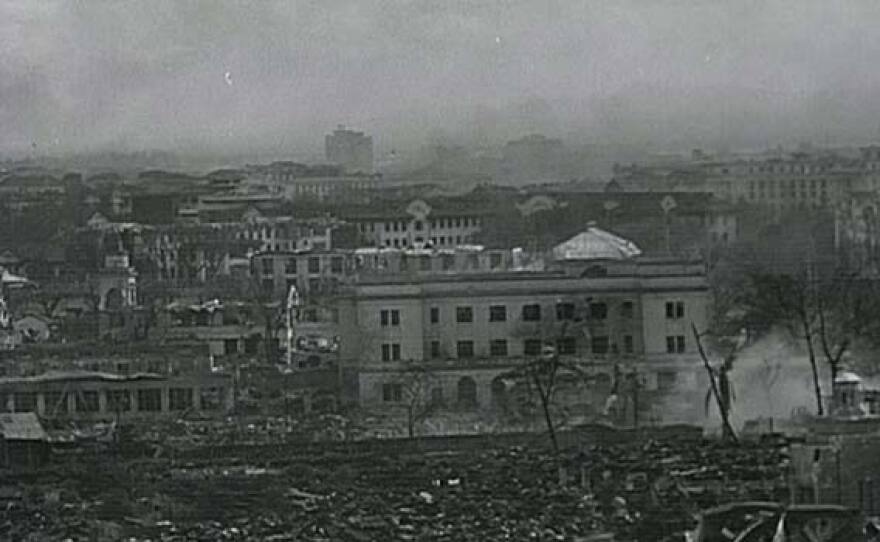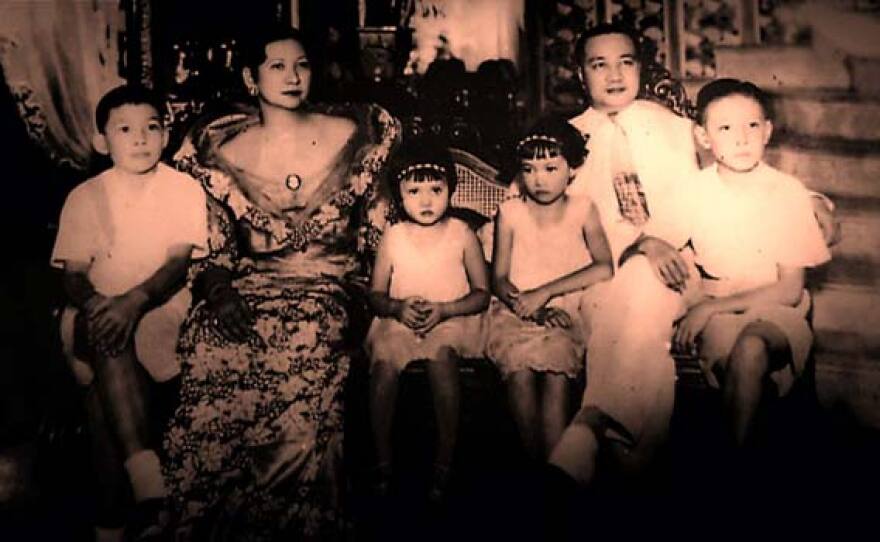On a street in Manila, during the final days of World War II, a man stands devastated, holding the dead body of his baby daughter. This man was Elpidio Quirino, who would later become President of the Philippines.
In the Battle of Manila, a fierce battle between Japan and the United States which resulted in 100 thousand civilian casualties, he lost his wife and three of his children.
He hated the Japanese. Yet, eight years later, as President he would make a remarkable decision to grant pardons to Japanese war criminals held in the Philippines, sending them home to Japan. Why did Quirino do this against the strong wave of opposition?

In a radio broadcast he explains, “I have granted pardons so that hatred against the Japanese will not remain among my descendants and the Filipino people.”
Through interviews with Quirino’s surviving family and other witnesses of the battle, we document Quirino’s inner conflict, and the division between hatred and forgiveness shown by the people of the Philippines.

This NHK WORLD SPECIAL is presented by Japan's national public broadcaster NHK.





